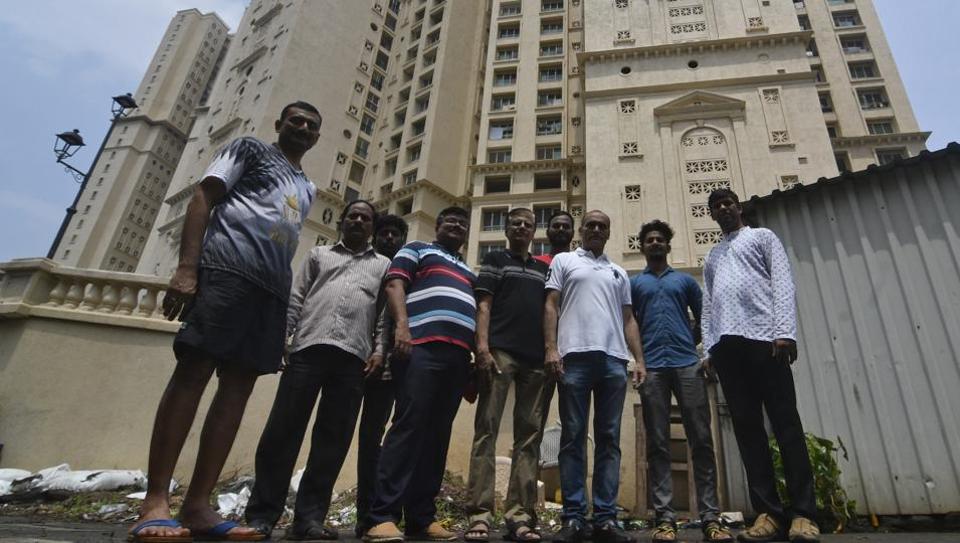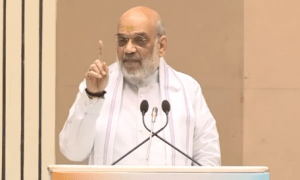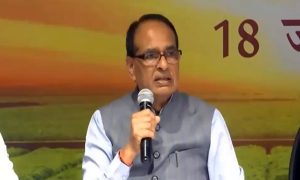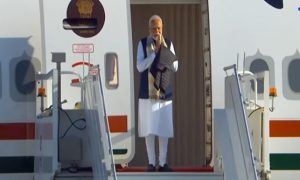Located near the polluted Poisar river in suburban Mumbai, a housing society in Kandivli has been recycling one lakh litres of wastewater every day at their sewage treatment plant (STP) into re-usable water for the past 33 months.
Spread across seven acres, Hiranandani Heritage, a residential complex with 436 flats across five buildings has also been treating its entire daily organic waste (220kg) using an organic waste composter machine. Food and horticultural waste are converted into compost (22kg per day), which is used to nurture two 2,000-sq. m gardens, 220 potted plants and trees in the society.
What’s more, the society’s management committee association (MCA) took up an initiative over the past two years to install water-saving nozzles at kitchen sinks and washbasins across all houses to reduce excess wastage of water. The society estimates they are saving 28 lakh litres of water every year through this initiative. “Along with the support of all residents, our focus has been to safeguard the environment around us to ensure the future of our children is protected,” said Umesh Shah, chairman (MCA), Hiranandani Heritage. “Representatives from several societies have been visiting us to see and understand our approach.”
The society relies on the Brihanmumbai Municipal Corporation (BMC) for supplying an approximate 3 lakh litres of water per day. However, the one lakh litres of recycled wastewater is used daily for non-potable purposes including gardening, washing cars and flushing. Their STP was inaugurated in October 2016.
It follows a tertiary treatment mechanism with the screening of effluents in sewage (primary), to adding alum and lime through an aeration process (secondary), and finally carries out filtration and chlorine dosing (tertiary).
“In a state affected by drought every year and having water bodies that are highly polluted, saving and treating water at the source is the need of the hour. We are also pushing BMC officials to revive Poisar river through a similar mechanism,” said Gopal Sura, member (MCA), Hiranandani Heritage.
According to BMC, while implementing the development project of an area above 20,000 sq. m as per Union environment ministry guidelines, it is mandatory to provide a private STP for the layout.
The society strictly follows a waste segregation system across every household. While wet waste is treated at source, dry waste is further segregated and given to the BMC and private recyclers for processing.
BMC officials said if more high-rises implemented the same model, a lot of sewage generation would reduce across the city. “While this is a mandate for developers, if citizens voluntarily opt for this, sewage load will reduce tremendously allowing water bodies and rivers in the city to be cleaned up much faster,” said Sanjay Kurhade, ward officer (R-South).
Gopal Shetty, BJP MP from Mumbai North, said, “Pollution load will reduce not only in rivers but along the entire coastline if such efforts are implemented properly.”
Suresh Kumar Rohilla, programme director – urban water management, Centre for Science and Environment, New Delhi, also welcomed the initiative. “Decentralised approach is the only solution to improving water quality in urban areas. The municipal engineering norms in India till date do not encourage decentralised treatment of waste, even though it is the most accepted approach abroad,” he said.
























 WhatsApp us
WhatsApp us